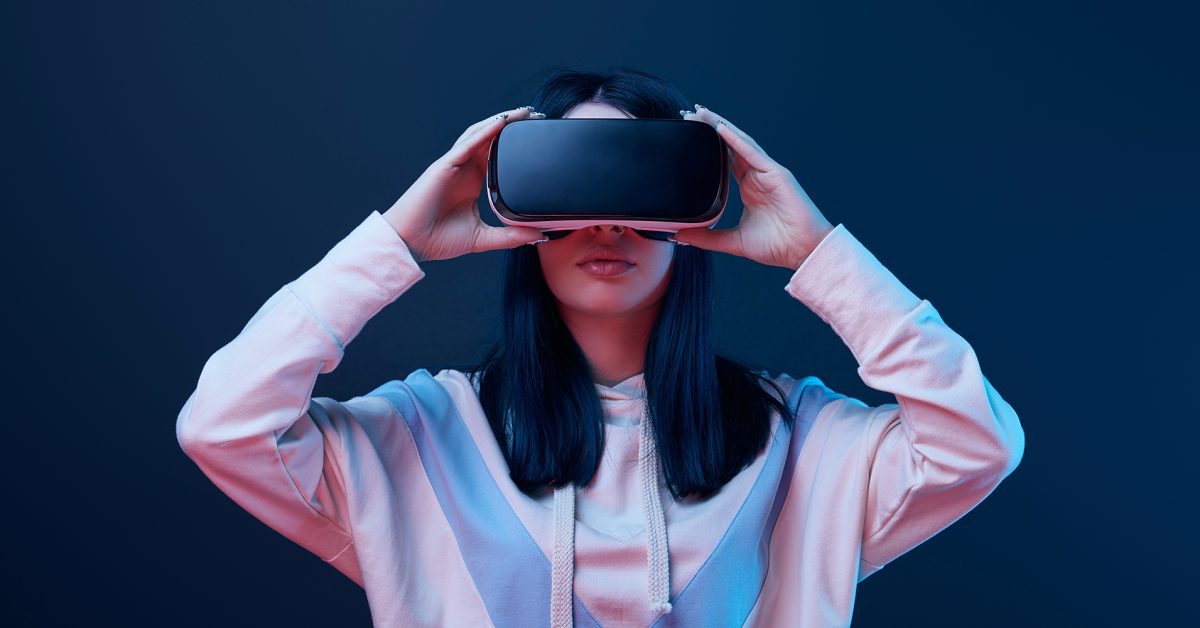Apple will likely enter a new category of headsets within the next few years. There are currently two products that have been rumored: an AR headset and a Mixed Reality headset. These products are commonly known as “Apple Glasses” or AR/VR headsets. Here’s what we know about them so far.
Everything about Apple’s Mixed Reality headset
Design and features
Apple’s Mixed Reality headset is the product with the most rumors so far. In January of 2022, not only analyst Ming-Chi Kuo talked about it, but Display Supply Chain analysts did, too.
In a DSCC paper, analysts believe Apple’s Mixed Reality headset will feature an “innovative three-display configuration”, with two micro OLED 4K displays and another AMOLED panel for low-resolution peripheral vision. Not only that, but it will likely include a powerful mobile CPU and GPU in the headset.
MingChi Kuo believes Apple does not want its mixed reality headset to be positioned as only a gaming device but also as something that can be used for other applications. Kuo believes that Apple’s solution has “the most industrial design .”
“.
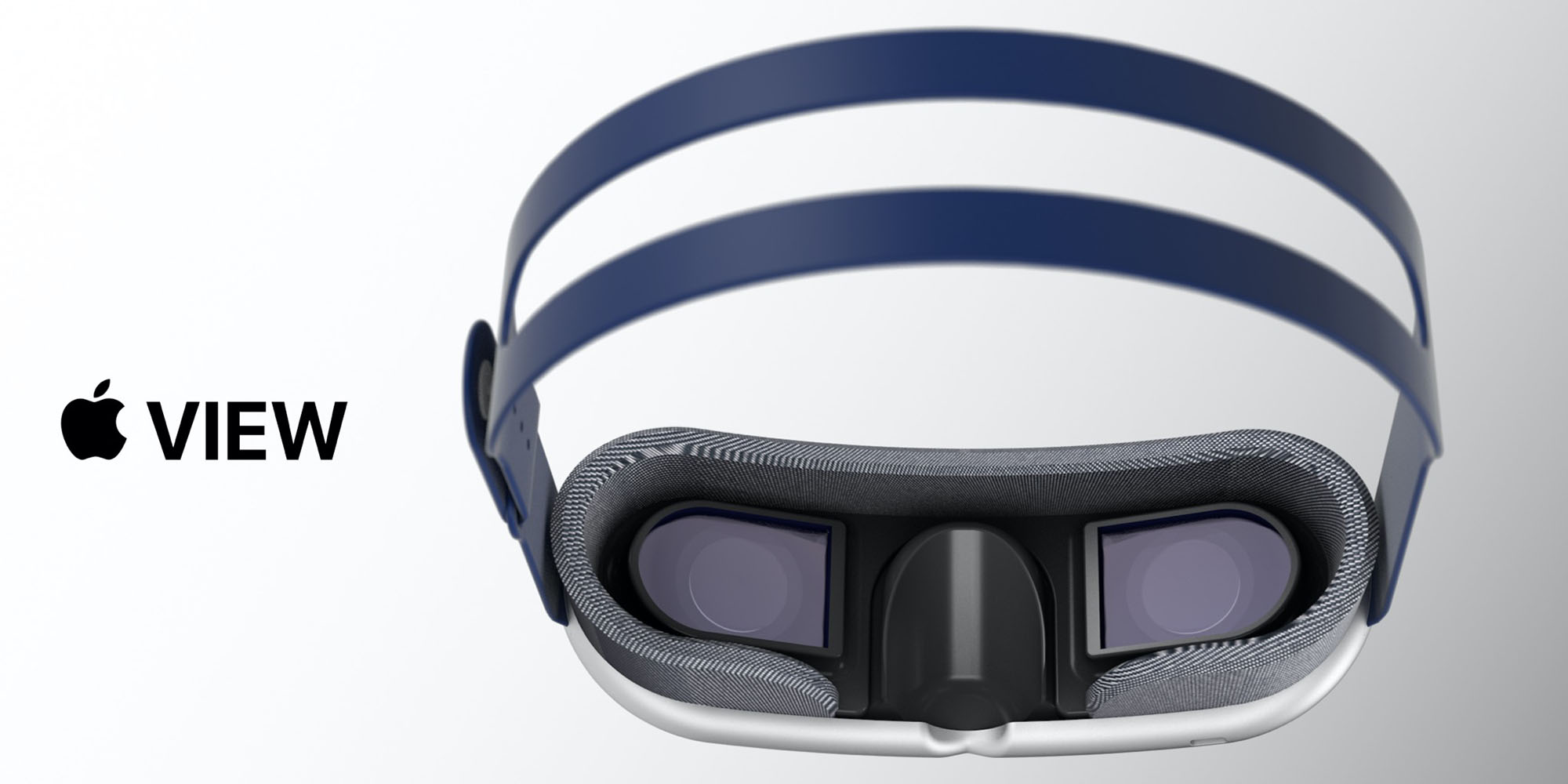
Bloomberg’s Mark Gurman corroborates with Kuo, saying the Mixed Reality headset will focus on gaming, media consumption, and communication.
Gaming should be a strong focus of the machine, especially given that it will have multiple processors, a fan, extremely high-resolution displays and its own App Store. Look for Apple to position the device as a dream for game developers. Next, media consumption. I expect Apple to work with media partners to create content that can be watched in VR on the device. Third, communications. To be the next-generation Zoom, look for VR FaceTime and animated emoticons.
Pricing and availability
About its price, DSCC paper corroborates a previous report by Bloomberg saying that this headset will come at a “high price”. DSCC believes Apple’s AR/VR headset would cost around $9. Rumors suggested it would cost around $3,000.
Our assumption is that the first-generation headset will be a high-end device targeted at professionals and developers to expand Apple’s ecosystem in AR/VR. According to rumours, the device will have multiple cameras that enable hand tracking as well as a LiDAR sensor.
Analyst Ming-Chi Kuo said the first-generation headset will weigh around 300-400 grams, which compares quite favorably to the existing VR headsets on the market. However, he believes Apple is already working on a second-generation design that will be significantly lighter, as well as feature an updated industrial design, a new battery system, and a faster processor.
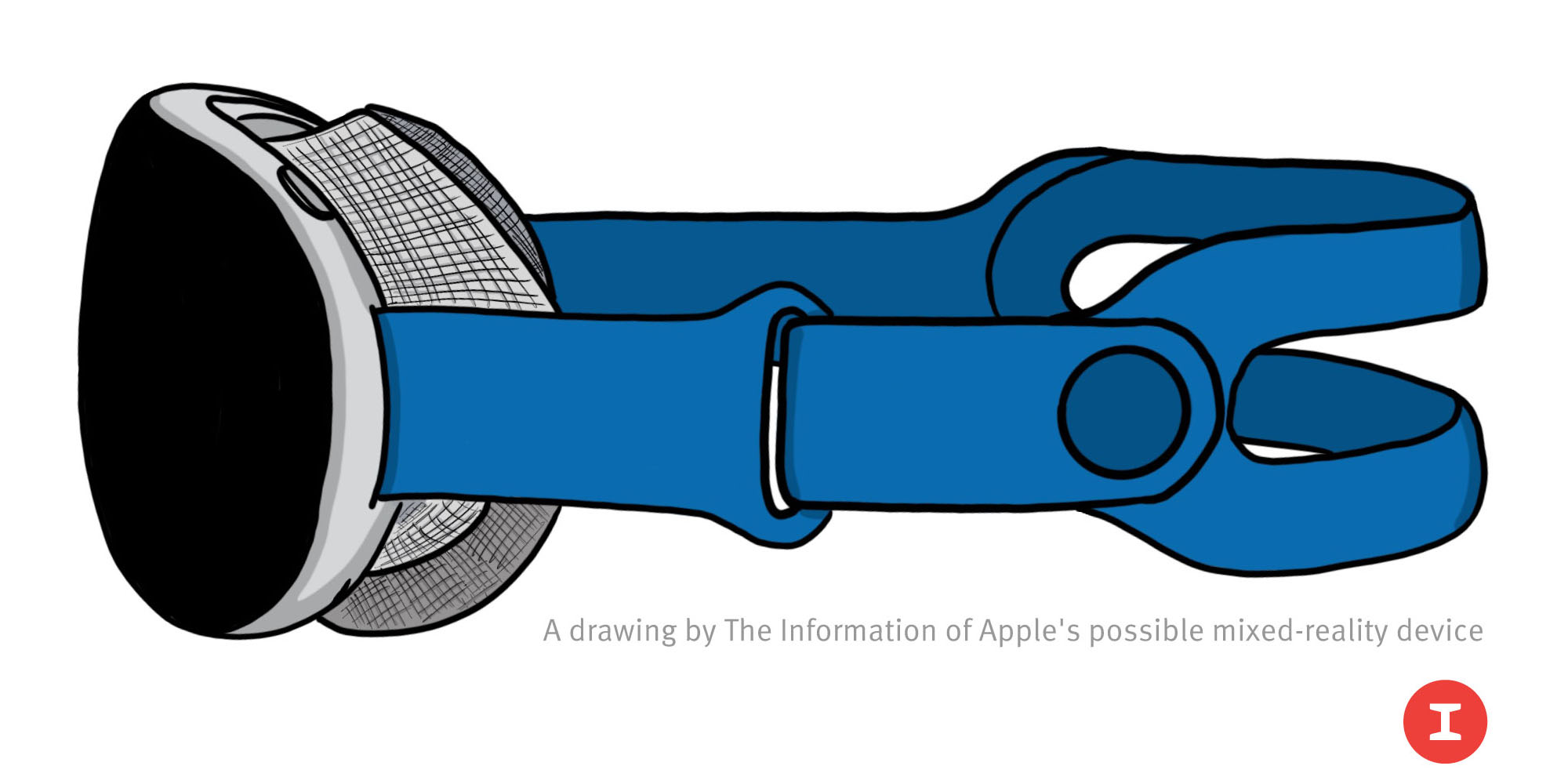
In May 2022, Bloomberg’s Mark Gurman reported that Apple had “recently demoed its upcoming AR/VR headset device to the Apple company board of directors.” Bloomberg previously reported that a consumer launch for the headset is planned for 2023 but an early announcement of the device is likely. This report also said that the development of the headset’s operating system has ramped up in recent months.
Both Kuo and DSCC expect Apple to launch this product by the end of 2022. Ming-Chi Kuo believes that Apple’s headset will be released in late 2022 with limited supplies.
According to the analyst, more significant shipments of the product won’t begin until the first quarter of 2023, suggesting that the headset will arrive in stores with only a few units available for customers.
Everything about Apple’s AR headset
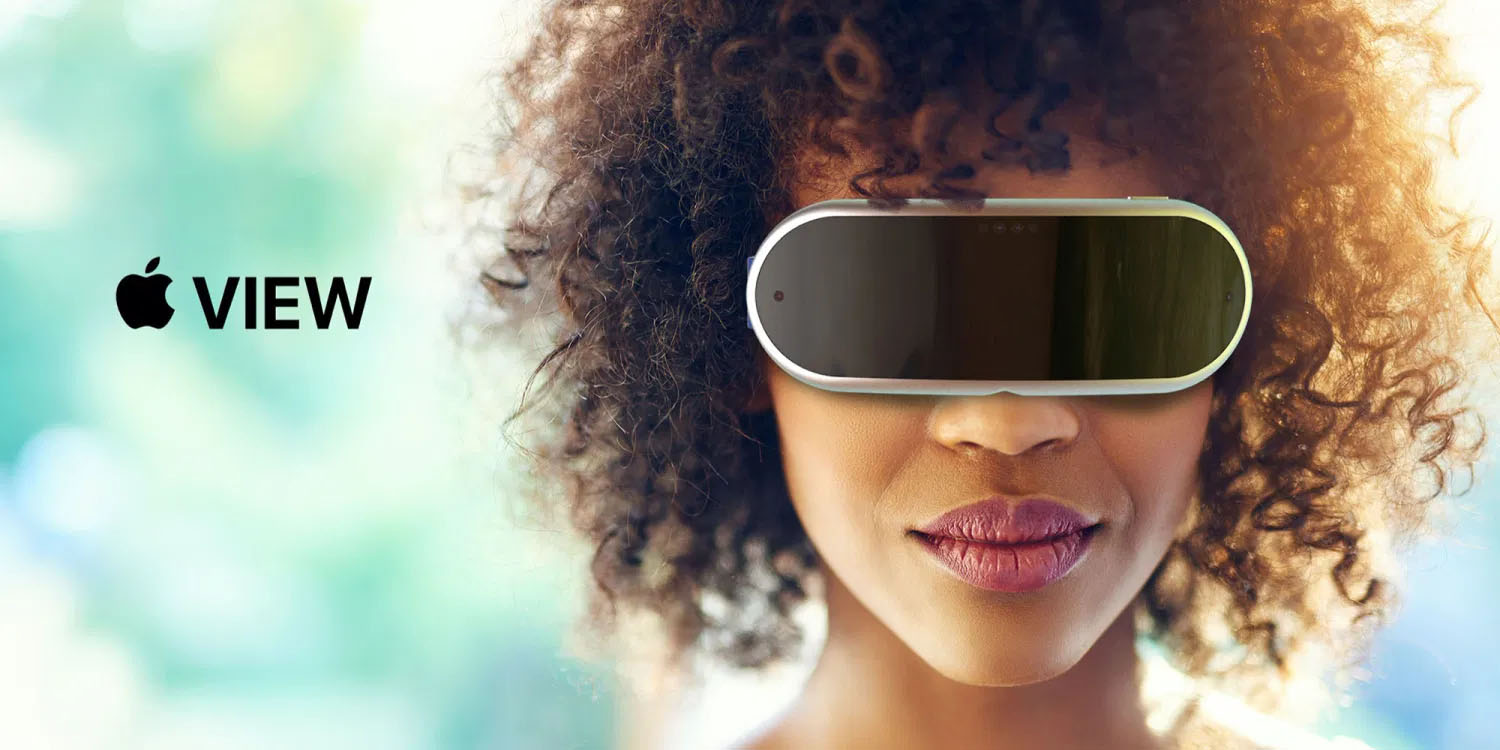
Apple loves Augmented Reality. The company’s CEO gave some statements throughout 2021 about this technology and how Apple wants to embrace it as “the future” of the company. Not only that, but analyst Ming-Chi Kuo recently gave a bold statement saying that Apple plans to replace the iPhone with AR technology in ten years.
Aside from the Mixed Reality headset which will require an iPhone to function properly, Apple’s new AR headset can be used as a standalone device. Kuo wrote:
If the AR headset is used as an accessory to either the Mac or iPhone it won’t be conducive for product growth. A standalone AR headset will provide the best user experience and ecosystem.
In another report by November of 2021, Kuo said that Apple’s AR headset will have a processor “with the same computing power level as the Mac”, and its chip design will be the most significant difference between the Apple AR headset and its competitors. The analyst wrote :
[I]t has Mac-level (PC-level) computing power, (2) it can operate independently without relying on a Mac (PC) or an iPhone (phone), and (3) it supports a comprehensive range of applications rather than specific applications.
Controversial reports regarding Mixed Reality headset and AR headset
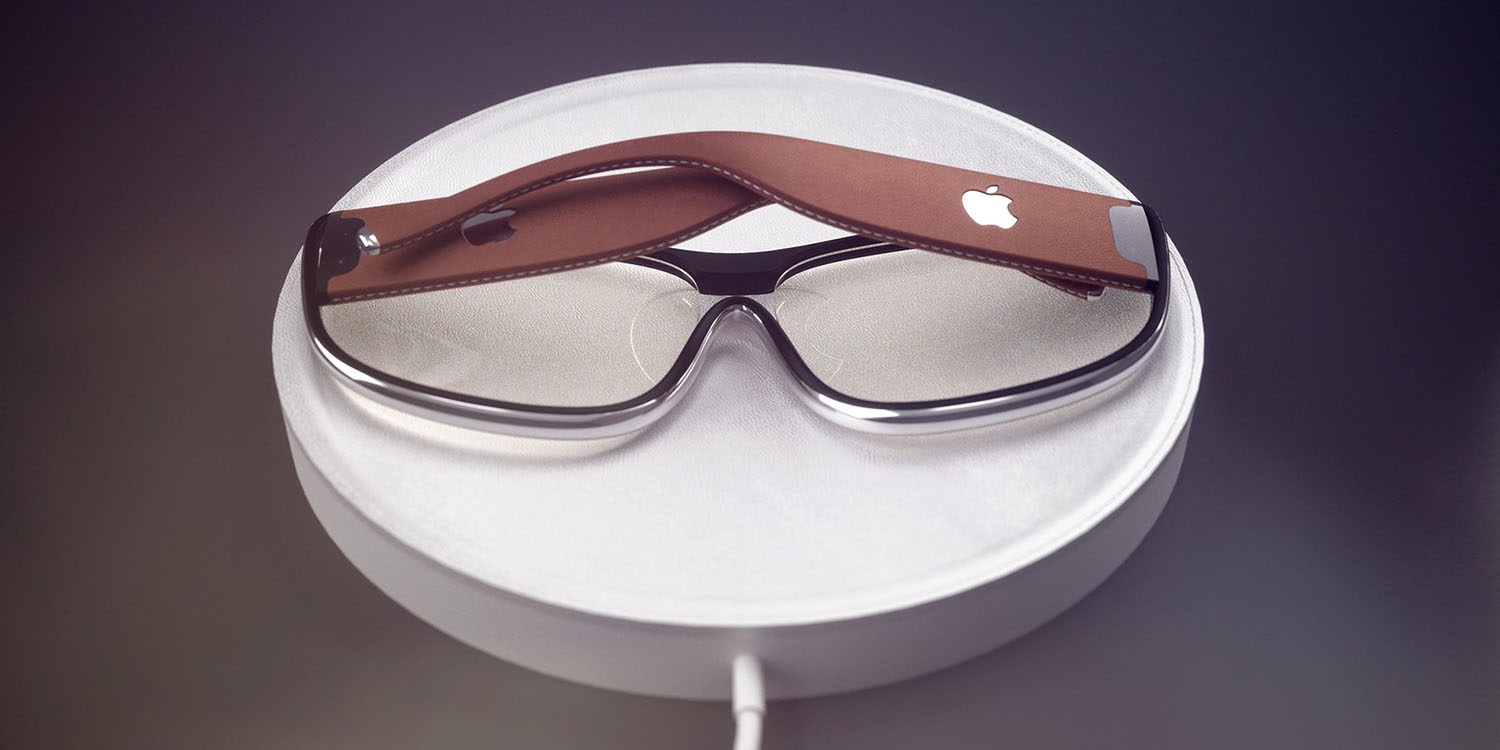
Apart from these reports, it’s important to note that most stories about Apple’s AR headset talk about “VR capabilities”, which would mean we’re talking about the Mixed Reality headset instead.
For example, in the same report that Kuo talks about the processor of this headset, the analyst predicts that it will be equipped with two Sony 4K micro OLED displays, which indicates that it could also support VR. It’s not only the same display that DSCC backed in January; Ming-Chi Kuo talks also about it’s VR capabilities.
Apple’s AR headset requires a separate processor as the computing power of the sensor is significantly higher than that of the iPhone. For example, the AR headset requires at least six to eight optical modules to simultaneously provide continuous video see-through AR services to users. In comparison, an iPhone requires up to three optical modules running simultaneously and does not require continuous computing.
So, what we really know so far is that Apple is indeed readying an AR headset that will work without the need of an iPhone, but what we’re looking forward to this year is a Mixed Reality headset, and most reports that mention an AR headset are, in fact, about the Mixed Reality one.
Wrap up
Apart from all of these reports, another indication that Apple is indeed readying its entry into a new product category is the fact that the company hired Meta’s AR communications lead by the end of 2021.
With all of that in mind, expect Apple to introduce a pricey Mixed Reality headset, weighing around 350 grams, with a premium look, lots of cameras, a LiDAR sensor, and more features than any other competitor has yet. As of now, it’s not that clear whether this product will work with or without an iPhone nearby, but one thing is for sure: when available, will be almost impossible to get one.
